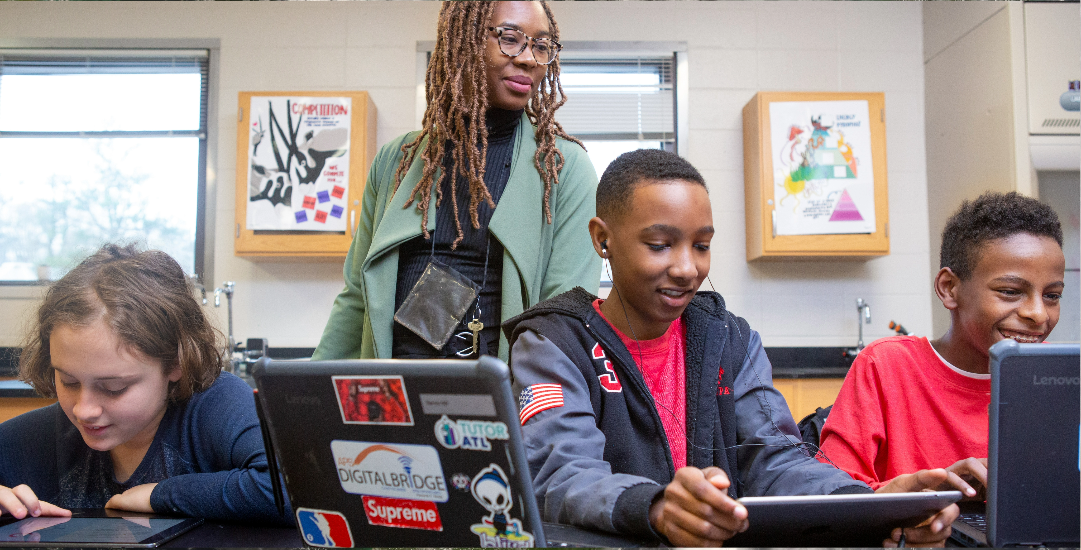In recent years the Houston area has seen poverty rates fall slightly but has tended to have higher rates than the nation overall. According to Understanding Houston, 23% of children under 5 years old were considered in poverty in Harris, Fort Bend and Montgomery counties in 2017.
However, a new report by the National Academies of Sciences, Engineering, and Medicine is calling attention to dozens of evidence-based policy solutions that can help break this cycle. Near the top of the list: increased K-12 spending in the nation’s poorest school districts.
Other education recommendations include increasing teacher workforce diversity, reducing discipline that removes students from their usual educational setting and increasing campus supports such as tutoring and case management. The analysis also calls for the expansion of financial aid programs and high-quality career and technical education programs in high school, as well as job training for adults and youth.
“By imparting skills and other capacities valued by employers, the U.S. education system — including early education, K-12 and postsecondary schooling, as well as career training — is a key driver of upward intergenerational mobility,” the report points out. “However, low-income children start school with lower levels of academic and social skills than other children, on average, and these average gaps do not close as they progress through school. Large gaps in school achievement and completed schooling also persist across racial and ethnic subgroups.”
Rates of intergenerational poverty are much higher for Black (37%) and Native American (46%) children who grow up in poverty. Historical disparities, underinvestment and structural racism have created barriers for many community members.
In addition to education, the National Academies report highlights child and maternal health, family income and employment, family structure, housing, and crime and safety as other contributors to intergenerational poverty. Policy suggestions to address these issues include increased access to family planning services, expansion of Medicaid health insurance programs, housing vouchers, tax credits, gun control measures and reforms to the juvenile justice system.
With the Kinder Institute for Urban Research focusing on education, housing, population, community health and economic mobility, Director Ruth N. López Turley said the findings and possible solutions identified by the National Academies report provide reason for optimism.
“I was delighted to see the list of topic area recommendations that are very much aligned with the Kinder Institute's topic areas in this report,” Turley said. “The first bullet point was under education, and that is particularly relevant to us today. That gives me hope. I would be very interested in working with our community partners on taking a closer look at these specific recommendations. What is feasible or how much closer can we get toward these recommendations that are heavily supported by research?”
The National Academies found evidence of impact from a variety of policies, but for some — such as adopting more indoor and outdoor air quality monitoring and expanding the Housing Choice Voucher program — the evidence was less strong, which could point to a need for additional study in those areas.
The study concluded with a call for more research into the cycle of poverty and measures that might make a difference in people’s lives: “The report identifies a number of programs and policies that appeared to be effective in reducing intergenerational poverty, but high-quality evidence on the intergenerational impacts of many other promising programs is lacking.”


